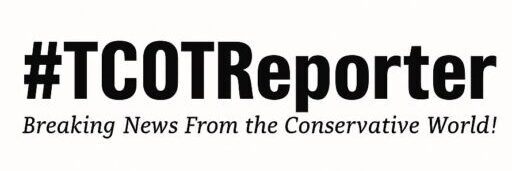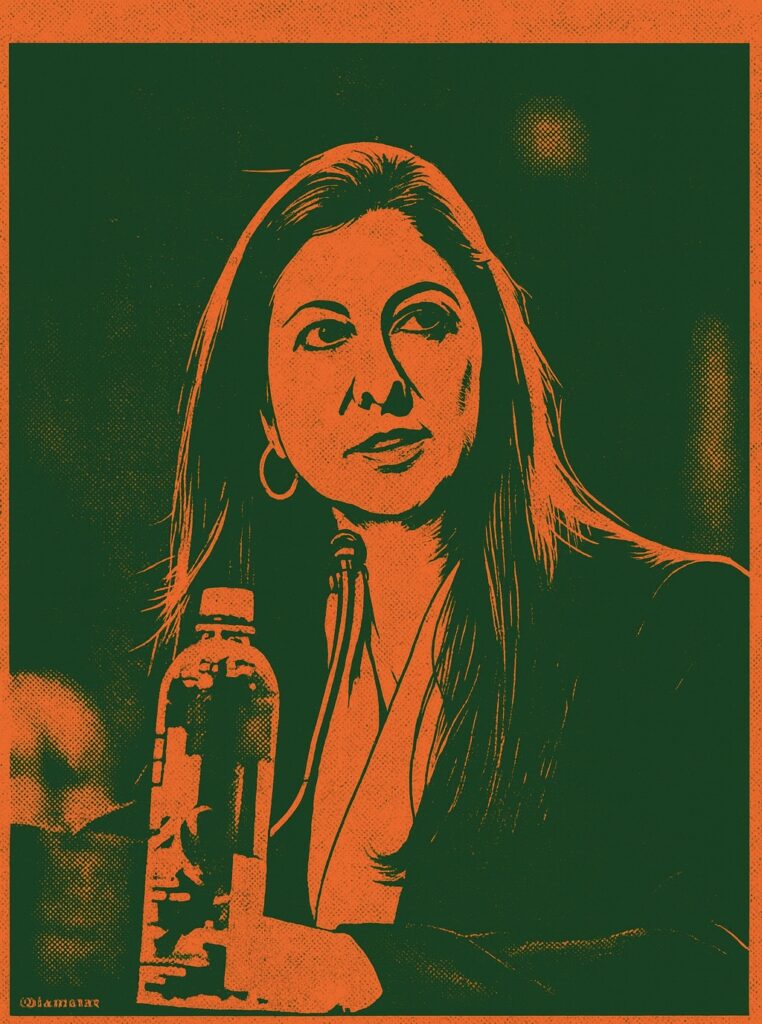The Federal Reserve’s Shortest-Lived Ethics Lesson
For an institution that prides itself on “credibility,” the Federal Reserve has an uncanny habit of appointing officials who treat ethics rules like polite suggestions.
The latest — and perhaps most exasperating — example: Adriana Kugler, the former Federal Reserve Governor who managed to turn a high-prestige central-bank position into a speedrun of ethics violations, blackout-period trades, and a resignation that hit the news cycle faster than the Fed’s next dot-plot projection.
According to newly released disclosures and internal documents, Kugler repeatedly traded individual stocks during restricted periods, failed to comply with the Fed’s ethics guidelines, and triggered an internal investigation that culminated in her early exit.
The Associated Press summed it up with characteristic understatement:
“A former Federal Reserve governor … listed several stock trades … that violated the central bank’s ethics rules.” -AP News
If the Fed ever needed a case study for why its own ethics regime keeps collapsing under scrutiny, Kugler just supplied it.
What Happened — The Violations the Fed Couldn’t Ignore
1. Blackout-Period Trades
Banking Dive lays out the heart of the issue:
“Former Federal Reserve Gov. Adriana Kugler violated the central bank’s rules on trading individual stocks during blackout periods…”
Blackout periods exist for one reason: to prevent insiders from positioning themselves ahead of major policy decisions.
Violating them is the monetary-policy equivalent of leaving your fingerprints on the vault door.
2. Spousal Trades
Multiple reports indicate Kugler’s spouse also executed trades during restricted periods, further complicating the ethics picture.
Reuters was direct:
“Kugler had multiple financial transactions in violation of the central bank’s ethics rules… with the matter referred to the Fed’s in-house watchdog for investigation.”
Once the watchdog gets involved, resignations usually follow.
Kugler was no exception.
3. Requests for Waivers
Documents show Kugler requested a waiver to excuse certain transactions. That request was denied.
The message was clear:
The rules do apply to you — even if you’re a Governor.
The Resignation — and the Timing No One Believes Was Coincidental
Kugler resigned early, creating a sudden vacancy on the Board of Governors.
Politico spelled out what happened next:
“Kugler’s early departure … created an opening for President Donald Trump to appoint his chief economist…”
Every ethics scandal creates a power vacuum.
This one came with electoral consequences.
Inside the institution, several analysts pointed out the obvious:
If the Fed wants the public to trust its inflation-fighting credibility, it cannot keep handing senior roles to officials who treat ethics compliance like an optional seminar.
Expert Consensus: “No Excuse”
Central Banking magazine interviewed governance specialists who did not mince words:
“No excuse for ex-Fed governor’s rules violations, say experts.”
In Fed-speak, that’s the equivalent of a screaming headline.
The experts noted that:
- Kugler’s violations were clear
- She received proper guidance
- The rules were not ambiguous
- Every governor is briefed repeatedly on blackout-period trading
There was no technicality, no confusing footnote, no exotic instrument to blame.
Just straightforward rules, and multiple violations.
The Broader Problem — Fed Ethics Keep Breaking Because the Rules Aren’t the Problem
The Kugler episode is not isolated.
It continues a pattern:
- Former Dallas Fed President Robert Kaplan’s million-dollar day trades
- Boston Fed President Eric Rosengren’s real-estate investments
- Vice Chair Richard Clarida’s “accidental” multi-million-dollar reallocations
- Other officials exiting after internal probes
Every time, the Fed promises reforms.
Every time, another official finds a new way to fail the same test.
By the time Kugler came through the revolving door, the message was well-established:
The Federal Reserve’s structural ethics regime is only as strong as the individual who chooses to follow it.
And too many choose not to.
Why This Matters — The Fed Isn’t a Tech Startup; It’s the Most Important Financial Institution on Earth
When a Fed Governor violates ethics rules, the damage is not abstract.
It is institutional.
The Federal Reserve manages:
- the value of the U.S. dollar
- global liquidity
- financial-market stability
- interest rates that affect every loan and mortgage in the country
If Fed insiders exploit privileged information — or even appear to — it undermines:
- market confidence
- institutional integrity
- international credibility
- policymaking neutrality
For a central bank that survived 1980s inflation, the Great Recession, and a pandemic liquidity crisis, the idea that it keeps kneecapping itself with preventable scandals should alarm anyone who pays attention.
Bottom Line
Adriana Kugler’s resignation is not the story of a single official who made a few errors.
It is the story of an institution that keeps failing the simplest test of self-governance.
The rules were clear.
The violations were documented.
The watchdog was notified.
The resignation followed.
But the public should not be asked to treat these episodes as routine.
Ethics scandals at the Federal Reserve aren’t small lapses — they are systemic failures that weaken the institution’s credibility at the exact moment it needs it most.
If the Fed wants trust, it has to start by earning it.
And the Kugler case shows just how far it still has to go.
Citations
- AP News – “Former Fed governor’s stock trades violated the central bank’s ethics rules”
- Reuters – “Former Fed Governor Kugler’s trading activity scrutinized; watchdog referral”
- Banking Dive – “Kugler violated rules on stock trading during Fed blackout periods”
- Politico – “Kugler resigned following ethics probe, document shows”
- Central Banking – “No excuse for ex-Fed governor’s rules violations, say experts”
- Channel NewsAsia – “Former US Fed governor quit after repeated violations of trading rules”
- Financial Times – “Ex-Fed official to face ethics inquiry over stock trades”

